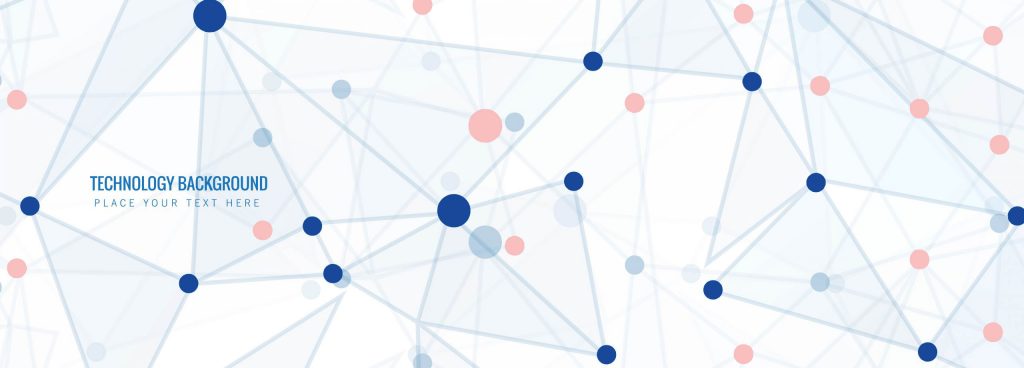
Evolution of Big Data in Healthcare: The healthcare industry has witnessed a significant transformation due to the adoption of electronic health records (EHRs), wearable devices, sensors, and other data-generating technologies. These technologies have enabled the collection of vast amounts of patient-related data, including medical history, vitals, diagnostics, treatments, and outcomes. As a result, healthcare professionals and researchers can now analyze this data to identify patterns, correlations, and predictive insights that were previously inaccessible.
Challenges:
- Data Privacy and Security: The sensitive nature of healthcare data raises concerns about patient privacy and data security. Health-related data must be protected from unauthorized access, breaches, and misuse. Striking a balance between data utility and privacy is an ongoing challenge.
- Data Quality and Integration: Medical data comes from various sources, such as hospitals, clinics, wearable devices, and genetic testing. Ensuring data accuracy, consistency, and interoperability across these sources is essential for meaningful analysis.
- Ethical Considerations: Using big data for healthcare purposes introduces ethical dilemmas, such as informed consent, data ownership, and potential biases in algorithms. Addressing these concerns while maximizing data utility is critical.
- Technical Infrastructure: Processing and analyzing massive healthcare datasets require robust technical infrastructure and advanced analytics tools. Implementing such infrastructure can be resource-intensive and complex.
Opportunities:
- Early Disease Detection and Prevention: Big data analytics can identify early warning signs and risk factors for various medical conditions, enabling proactive interventions and personalized preventive strategies.
- Treatment Personalization: By analyzing patient data, healthcare professionals can tailor treatments to individual needs, improving outcomes and reducing adverse effects.
- Real-time Monitoring and Response: Wearable devices and remote monitoring solutions, integrated with big data analytics, enable real-time tracking of patients’ health conditions. Rapid response to anomalies can save lives in critical situations.
- Drug Development and Research: Analyzing large datasets can accelerate drug discovery, identify new treatment targets, and optimize clinical trial designs.
- Public Health Management: Big data helps in tracking disease outbreaks, monitoring population health trends, and designing effective public health interventions.
Life Saver Leads:
Life Saver Leads encompass a range of applications that utilize big data to improve emergency medical responses and outcomes. Examples include:
- Predictive Analytics for Cardiac Arrest: Analyzing patient history, vital signs, and other relevant data can help predict the risk of cardiac arrest, enabling timely interventions.
- Emergency Medical Services Optimization: Data-driven routing and resource allocation can enhance the efficiency of ambulance services, reducing response times.
- Identifying High-Risk Patients: Big data analytics can identify patients with chronic conditions at a higher risk of emergency situations, allowing healthcare providers to prioritize their care.

Recent Comments